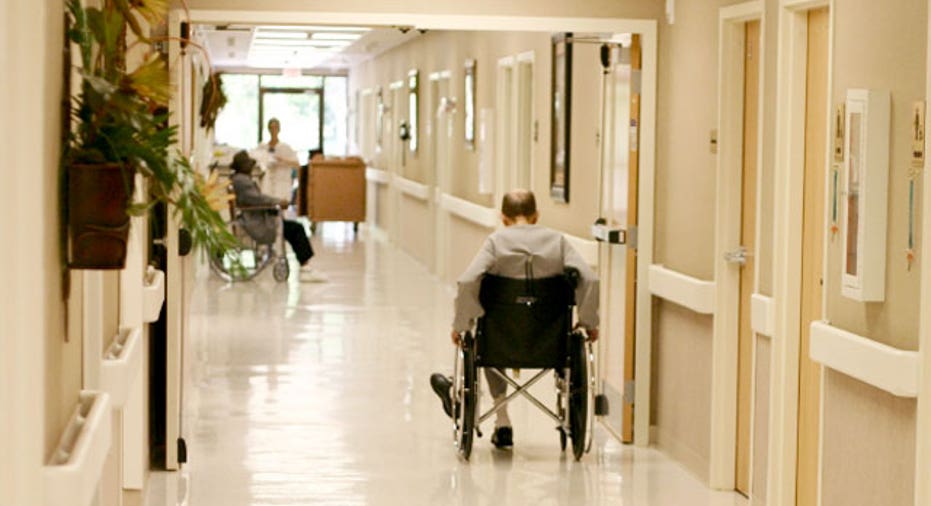Signs of Nursing Home Neglect, Abuse

There may come a time when some of us face the painful decision of putting our parents or grandparents in a nursing home because they need full-time professional healthcare.
If you or a loved one does have family in a nursing home, you should be aware of a new rule that the Centers for Medicare and Medicaid Services (CMS) says will, for the first time, allow consumers to sue nursing homes for neglect. Before now, most long-term care facilities have included arbitration clauses in the contracts that would block the family from suing over alleged neglect. According to the ABA Journal, healthcare industry lawyers say a challenge to the new rule is likely.
Ginalisa Monterroso, CEO of the Medicaid Advisory Group, who has spent more than 25 years in the healthcare industry, discussed with FOXBusiness.com what the new ruling means for nursing home residents and what you can do to ensure your loved one is placed in a safe environment for long-term care. Here is what you need to know.
Boomer: What rights do consumers and families now have under this new rule?
Monterroso: The new ruling, allows nursing home residents and families to take residential facilities to court and pursue justice for wrongful care. This decision is long overdue and a victory for all families and former nursing home residents, who, were unable to sue their nursing homes even when they were negligent. Before this ruling, families and patients were forced into arbitration where they frequently did not have the justice system by their side. In most cases, the public never got to hear about these cases of abuse because the dispute was discussed behind closed doors where the media and others couldn’t hear the allegations. And worse, when the arbitrator ruled against the nursing home and forced a ruling, no one got to hear the end result, or even the initial claim.
Boomer: What steps should family members take in researching nursing homes – before signing a contract?
Monterroso: Most important, don’t ever feel rushed to pick a facility because a hospital is pushing a discharge. The hospital is aware you are allowed to view facilities and make the appropriate choice for your loved one.
When making a decision to admit a sick loved one into a long-term care facility, never act on impulse, or even take a quick recommendation from the treating health professionals (who may recommend any facility to quickly discharge the patient). Medicaid Advisory Group recommends scheduling a tour of the facility before being admitted. Everyone has a right to pick and visit a facility. Medicaid Advisory Group urges everyone to visit the exact floor and room the potential resident may be admitted. You can also research the nursing home on this government website: https://www.medicare.gov/nursinghomecompare/search.html.
That Medicare website is star rated - one star being the lowest score and five being the highest and most recommended facility.
Think of a nursing home admission as picking a babysitter for your child. We as consumers forget our elderly, sick and disabled need all the essentials our children require when making a placement. Google the facility and click news to see if the facility has had any negative press. Check references and ask to speak to any residents or families at the facility. You should also check online with the State Department of Health to see if the facility was ever sanctioned or fined. Most of all go with your gut feeling. If something doesn't feel comfortable, believe your instinct.
Boomer: How can family members detect if their loved ones are at risk of abuse?
Monterroso: When visiting their loved ones in long-term care facilities, if you see your loved one suddenly change in behavior and they seem agitated, irritable and being aggressive, that’s an indication something is not right. Many patients who have dementia are the ones who are being abused due to the fact everyone thinks they are forgetful or making things up. If a loved tells you, someone, physically or verbally abused them -- investigate the allegation. Speak with the nursing station, ask questions. Report the concern to the facilities administration, never ignore the resident. 90% of the time there has been some mistreatment, whether they were being yelled at, shoved or ignored that would make that resident tell you about an incident.



















